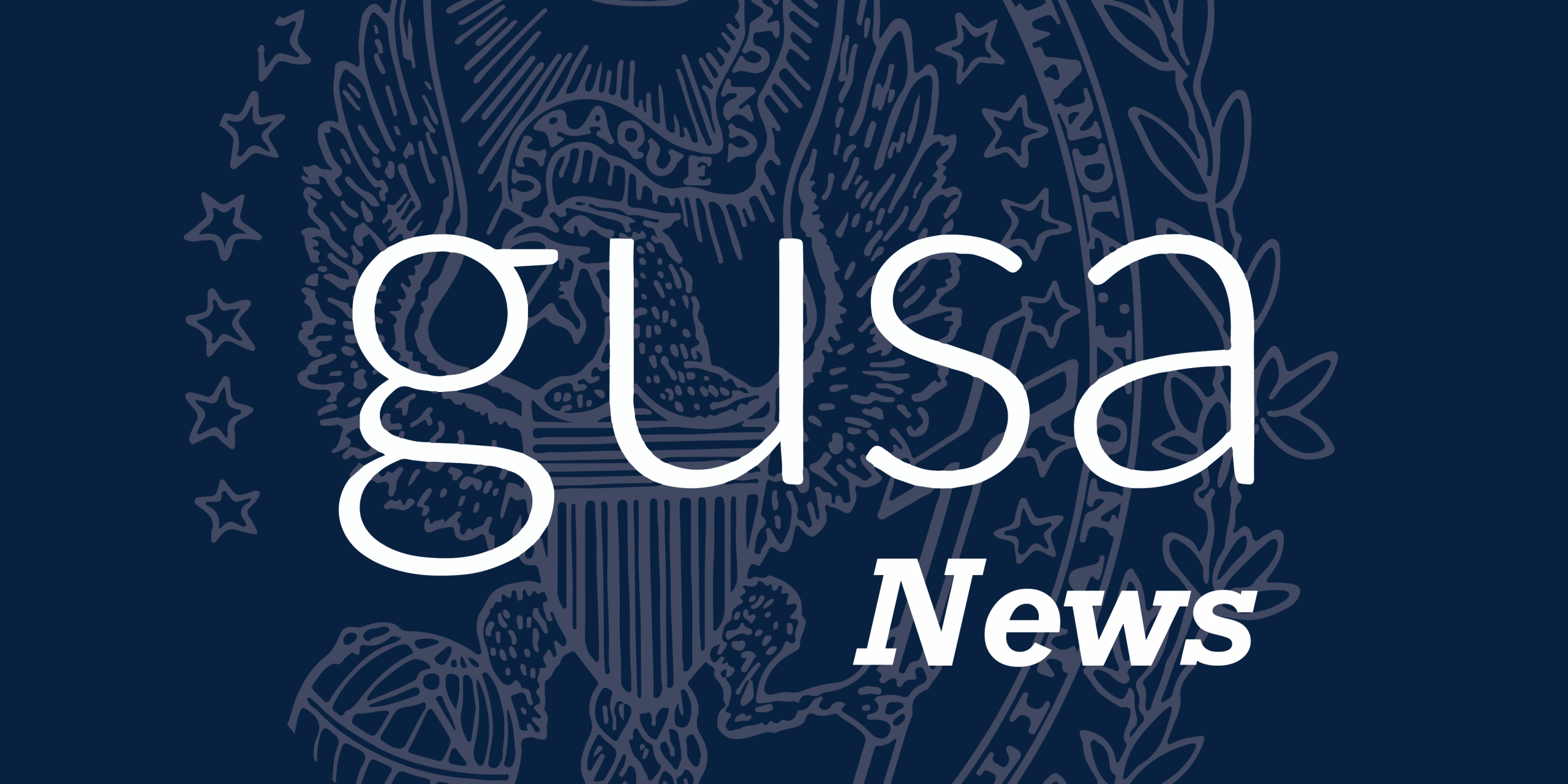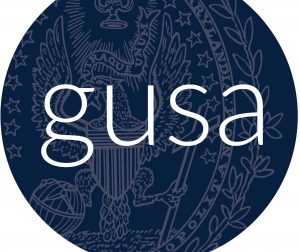The Georgetown University Student Association (GUSA) Finance and Appropriations Committee hosted its budget summit on Feb. 25. The summit was a full-day event in the Leavey Program Room where club advisory boards, as well as other student-run organizations, presented the budgets they were requesting from the committee. This year, the committee has about $1 million to allocate from the $164 student activities fee each student pays as part of their tuition.
Clubs are requesting a total of $1,321,000 for fiscal year 2020, meaning the committee will have to cut at least $320,000 from the proposed budgets.
Applicants are split into two groups, Part A and Part B. Part A applicants include all club advisory boards, Georgetown Programming Board, the Lecture Fund, and the GUSA Executive. These applicants are guaranteed a presentation time at the summit. Part B applicants, groups that do not fall into any of the other categories, are invited to apply but are only guaranteed time if their initial application is accepted. This year, Outdoor Education, Transfer Council, and Georgetown Opportunities for Leadership Development applied under Part B.
Each group that presented worked with a committee member to prepare their presentation prior to the summit. They each presented for 15 minutes, and committee chair Hayley Grande (COL ’21) and the other committee members asked questions to determine whether the requested funding was necessary.
For newly elected GUSA President Norman Francis Jr. (COL ’20) and Vice President Aleida Olvera (COL ’20), this was one of their first opportunities to present their vision to the Senate. They requested $26,760 for the executive, senate, and GUSA’s general accounts.
The bulk of these funds would go to the general account to fund the Federal & D.C. Relations Committee, SaxaFund, the Student Advocacy Office, and an executive initiative to stock bathrooms with free menstrual products.
If the money is granted, the menstrual product project would cost $9,000 and involve stocking 41 bathrooms in Lauinger Library, the Leavey Center, the Healey Family Student Center, and the ICC. Though Francis Jr. originally hoped to stock all bathrooms, he said that the cost would be too high, so he settled for 25 products a week in those selected bathrooms he felt saw the most traffic.
Francis Jr. and Olvera requested $10,000 for SaxaFund, a fundraising platform for student initiatives on campus but said they were concerned about the way the fund uses its money due to a lack of records. In order to combat this, they plan to flag any requests made for an amount over $750 and to prioritize investments that will lead to returns later on.
The two also discussed their own vision for discretionary finances, promising to be transparent with how the money was used. They expressed a desire to set stricter guidelines for events and focus on monthly town halls.
Francis Jr. requested $1,500 and $1,000 for the executive and senate accounts to be used as discretionary funds for each body.
Before their presentation, each advisory board met with members of the clubs it represents to understand clubs’ specific requests. Advisory boards consist of student groups that fall under a certain category; for example, the Mask and Bauble theater company is a member of the Performing Arts Advisory Council. Sagar Anne (MSB ’19) and Courtney Lee (COL ’19), who delivered the Media Board presentation, stressed the importance of funding media groups to reduce socioeconomic barriers of membership. “Students who are really dedicated can spend $150 a year out-of-pocket,” Anne said. With more funding, he hopes that this burden can be reduced. (Disclosure: The Voice is a member of Media Board.)
Boards asked for increases in funding due to students’ increased need. The media board gained two new clubs this year, GUCCI and Prospect Records, putting a heavier strain on its budget, according to the presenters. Anne said enough funding to create an infrastructure could be built upon in the future, which for media board means more effective ways to produce content.
Boards also focused on the value their clubs give to students, and what increased funding could mean for those students. The Georgetown Programming Board and Performing Arts Advisory Council presenters both included the argument that increased funds would lead to more events for students across campus to enjoy.
The committee met again Feb. 26 to deliberate what they heard at the summit and will release a draft budget by March 1. The advisory boards may then appeal the preliminary decisions on March 12 before the final committee vote on March 17.







